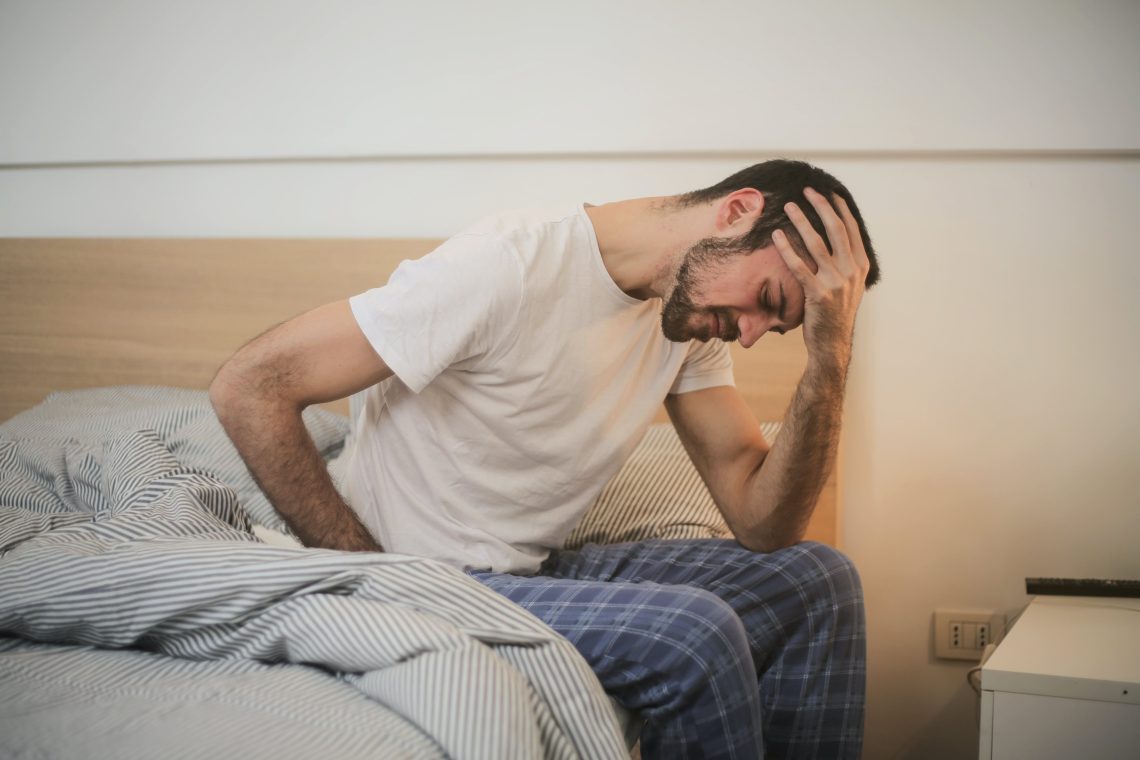Today we want to discuss hangover anxiety. In the throes of a pounding headache and the nauseating aftermath of a night of revelry, many have experienced the discomfort of a hangover. Beyond the physical symptoms, there lurks an often unspoken companion – hangover anxiety. This article on hangover anxiety unravelS the mysteries behind its occurrence and delves into the causes that contribute to this unique form of post-drinking distress. It’s crucial to understand these factors to promote a more comprehensive approach to responsible drinking and mental well-being, seeking solutions beyond mere symptom relief, such as addiction PHP treatment.
What is Hangover Anxiety?
Hangover anxiety, often referred to as “hangxiety,” is characterized by heightened feelings of nervousness, restlessness, and an overall sense of unease following a night of heavy drinking. While the physical symptoms of a hangover are well-documented – headaches, nausea, fatigue – the psychological impact is less commonly discussed. Hangover anxiety can manifest as racing thoughts, a sense of dread, and an increased sensitivity to stressors, amplifying the overall discomfort associated with a hangover.
Addiction Treatment and its Relevance
Before delving into the causes of hangover anxiety, it’s crucial to acknowledge the broader context of alcohol consumption and its potential implications. Addiction PHP treatment is an intensive, structured form of treatment designed to address substance abuse and addiction. While hangover anxiety itself may not necessarily indicate addiction, it underscores the importance of responsible drinking practices and the potential risks associated with excessive alcohol consumption.
What are the Causes of Hangover Anxiety?
1. Alcohol Withdrawal
One of the primary causes of hangover anxiety is alcohol withdrawal. When the body metabolizes alcohol, it produces byproducts that can have a depressant effect on the central nervous system. As the alcohol leaves the system, there is a rebound effect, leading to an overstimulation of the nervous system. This rebound effect contributes to heightened anxiety levels, making the morning after a night of drinking particularly challenging for some individuals.
2. Disrupted Sleep Patterns
Photo by on Pexels
Excessive alcohol consumption can disrupt sleep patterns, leading to a poor night’s rest. Sleep is crucial for overall mental well-being, and when it is compromised, it can contribute to feelings of anxiety. The combination of alcohol-induced disruptions to REM (rapid eye movement) sleep and the diuretic effects of alcohol can result in a restless night, exacerbating the mental toll of a hangover.
3. Dehydration
Dehydration is a common side effect of alcohol consumption, and it can have significant implications for mental health. The brain is highly sensitive to changes in hydration levels, and dehydration can lead to symptoms such as irritability, difficulty concentrating, and an increased perception of stress. These factors can contribute to the anxious feelings experienced during a hangover.
Bottom Line
Hangover anxiety is a complex interplay of physiological and psychological factors, and its effects can vary from person to person. Understanding the causes of hangover anxiety sheds light on the importance of moderation in alcohol consumption and the need for responsible drinking practices. As we navigate the social aspects of alcohol consumption, it’s essential to prioritize our mental well-being and be mindful of the potential consequences the morning after. Taking steps to stay hydrated, get adequate sleep, and be aware of individual alcohol tolerance can go a long way in mitigating the impact of hangover anxiety.
Read more lifestyle and wellness articles at ClichéMag.com
Images provided by Deposit Photos, BingAI, Adobe Stock, Unsplash, Pexels, Pixabay & Creative Commons





